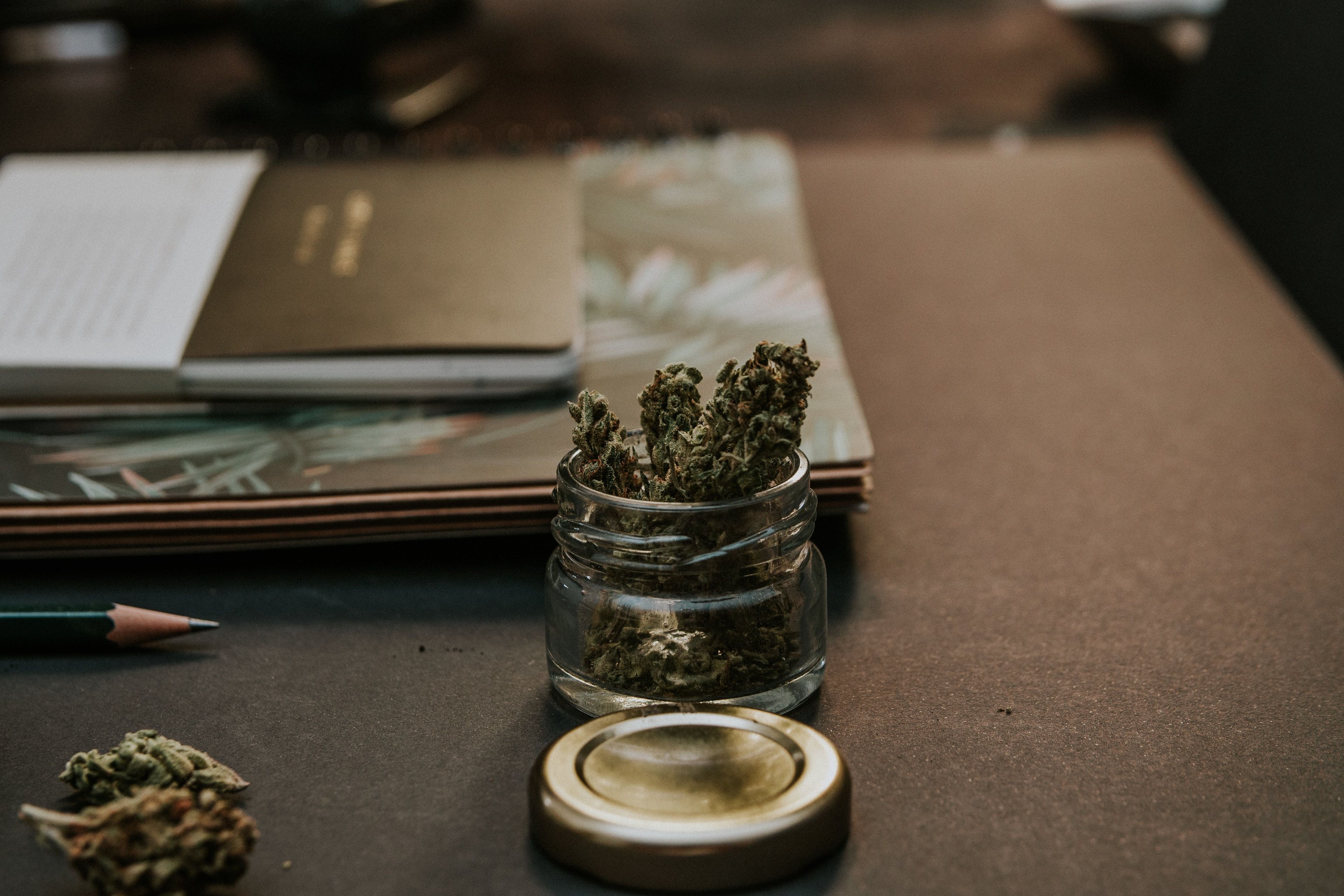If you use cannabis or know someone that does, you may have noticed that THCP is the talk of the town. This new product is making waves across the cannabis community because it is potent, legal, and could potentially replace THC as the best medical marijuana option. In the world of cannabis, there are two main components: Delta-9 tetrahydrocannabinol (THC) and tetrahydrocannabinol-acid-A (THCP). While these two compounds have essentially the same effects, buying delta-9 THC online or in dispensaries could be much more difficult if it’s illegal in most states. We recommend you buy it from a reputable brand like Exhale Wellness. To buy from Exhale, you can visit this link. THCP is fully federally legal and legal in most states. THCP also provides other benefits such as increased anti-inflammatory properties compared to Delta-9 THC. Despite their similarities, it is important to know the difference between THC and THCP before using.
If this interests you like it has so many others, keep reading to find out what THCP Is and its top benefits, risks, and uses.
What is THCP?
THCP, also known as delta-9 THCP, and Delta-Heptyl is a cannabinoid found in the marijuana plant. The full name of this cannabinoid is delta-9-tetrahydrocannabinol, which is where the nicknames originate.
THCP Is not new to the cannabis plant but it is newly discovered. In 2019, Italian researchers accidentally stumbled across THCP while analyzing a particular cannabis strain. From there, the research on this cannabinoid began, and researchers found that it is present in only some strains in minute levels.
THCP can also be lab-produced by altering hemp-derived CBD which is great because THCP is not abundant enough in the plant to produce commercial products.
You may be wondering if THCP can get you high, and the answer is yes. Although the genetic makeup of this cannabinoid is vastly different from delta-9, it also has psychotropic properties which create euphoria.
Does THCP Have Any Benefits?
Like all cannabinoids, TCHP provides its consumers with a plethora of health benefits.
THCP research is limited, therefore an “official list” of benefits has not been set in stone. However, the benefits that have been identified are comparable to THC, and it is suspected that since it is more potent, the benefits may be more prominent as well.
Here are the top benefits of THCP so far:
- Pain relief
- Anti-nausea
- Anxiety and stress relief
- Insomnia treatment
- Appetite stimulant
- Anti-inflammatory
Individuals that use THCP have noticed substantial pain, nausea, and anxiety relief that is far greater than THC provides.
Researchers believe that THCP may soon be considered the best cannabinoid option for medical users requiring high levels of THC.
Are There Any Risks of THCP?
One of the most interesting things discovered about THCP was its ability to bind 33 times more effectively to the CB1 receptors than delta-9. A common misconception is that this amazing binding ability means that THCP gets you 33 times higher than regular THC would.
Although you won’t get 33 times more high, those who have tried this cannabinoid claim it does make you much higher than THC.
For some, THCP’s ability to quickly get a person very high can be seen as a risk, especially if you don’t particularly enjoy being high. Other than the risk of getting too high, there are no known risks of using the cannabinoid.
Unfortunately, the research done by the scientists that discovered THCP is the only research that currently exists. Therefore, it is possible for risks to exist, and we just don’t know about them yet. However, one can assume that since the cannabinoid is stronger in positive ways, the negative effects may be stronger too. Therefore, side effects like dry mouth and paranoia might be increased.
If you decide to try THCP for yourself, play it safe by using small amounts at a time and monitoring your physical and mental reactions.
How Do You Use THCP?
THCP works within the body the same way all other cannabinoids do therefore the use instructions are fairly similar.
Before using THCP, it is crucial to remember that this cannabinoid is considered to be more potent. In other words, take it easy on how much you consume, or you might get too high.
Just like THC, you can consume THCP in most of the typical forms such as:
- Vape cartridges
- Edibles
- Tinctures
- Capsules
- Dabs
You may have noticed that dry herb is not on that list. This is because it simply does not exist. If you come across a cannabis flower that is labeled as THCP, it is either being falsely advertised or the flower has been doused in lab-produced oils.
Having natural THCP dry herb is not possible because of how little of the cannabinoid is found in each strain.
However, don’t let this discourage you from trying THCP. The lab-created version is indistinguishable from the “real thing” and does come from cannabis.
Currently, the most popular ways to consume THCP are by taking gummies and vaping the oils. The packaging of each product will have dosage instructions which should be followed meticulously as you get comfortable with the cannabinoid. If you have any concerns regarding usage, the bud-tender at your local dispensary will be happy to answer any questions.


Comments are closed.